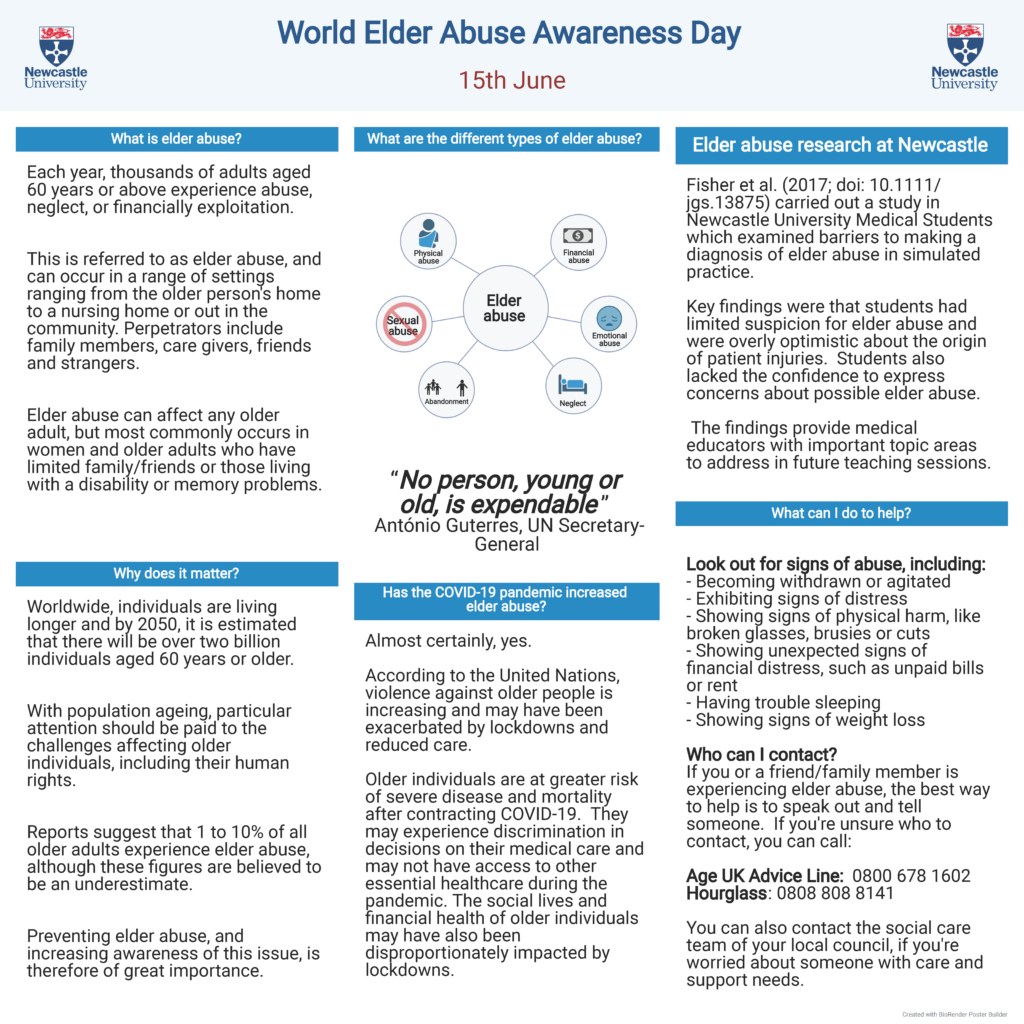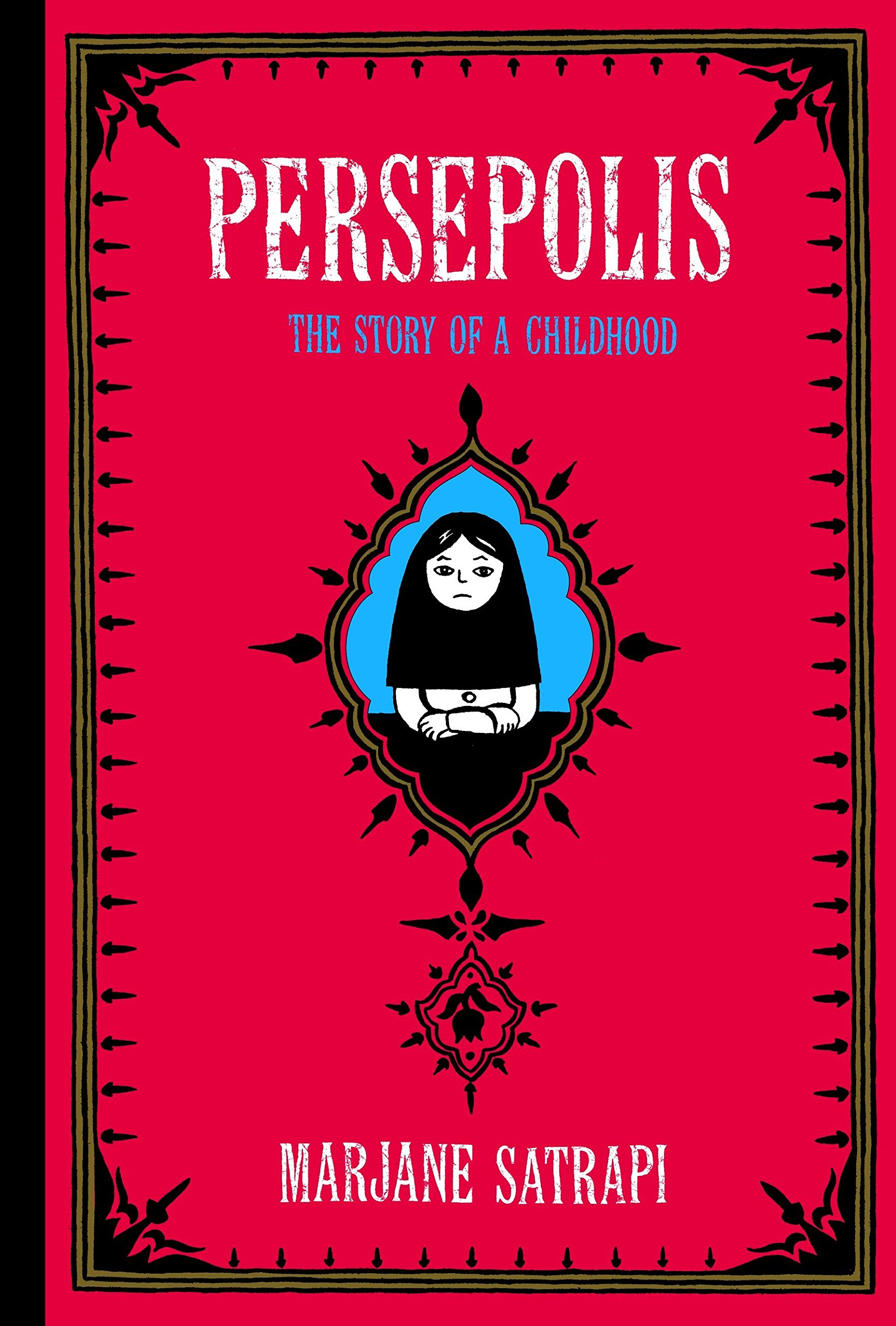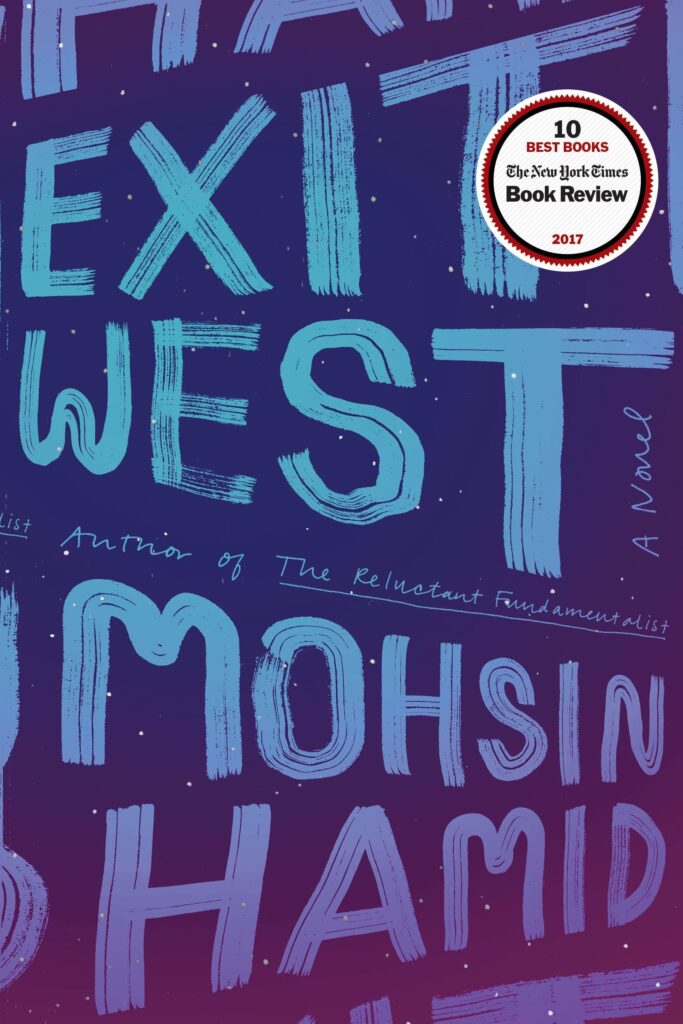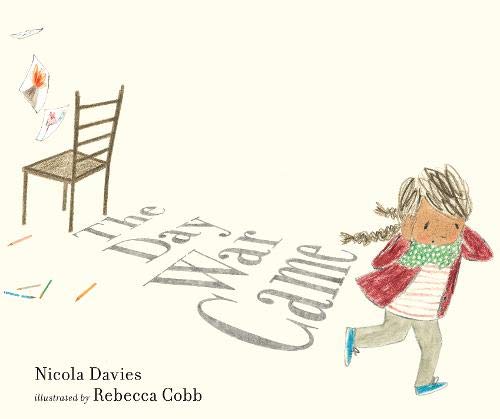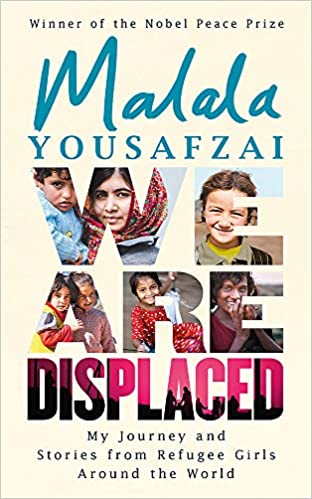Month: June 2022
EDI Book Club: Elder Abuse Day
15th June
By Connor Richardson with Recommendations from the Lit and Phil.
Thank you for popping into the book club! Finding good recommendations around elder abuse has proved quite difficult! However, I figure as part of elder abuse day we should be celebrating ageing and older people. So I hope you enjoy these books in that sprirt.
Con
Happy Old Me: How to Live A Long Life, and Really Enjoy It
Hunter Davies | Memoir
On 8th February 2016, Margaret Forster lost her life to cancer of the spine. The days that followed for her husband, Hunter Davies, were carried out on autopilot: arrangements to be made, family and friends to be contacted. But how do you cope after you have lost your loved one? How do you carry on?
Ken Loach might have turned all this into a powerful social film, but the avuncular Davies sprinkles in so many cheery anecdotes that the book bounces along enjoyably
Sunday Times
As Hunter navigates what it means to be alone again after 55 years of marriage, coping with bereavement and being elderly (he still doesn’t believe he is), he shares his wisdom and lessons he has learnt living alone again. Revealing his emotional journey over the course of one year, as well as the often ignored practical implications of becoming widowed, he learns that, ultimately, bricks and mortar may change but the memories will remain.
Part memoir, part self-help, Happy Old Me is a fitting, heart-felt tribute to the love of his life and a surprisingly amusing and informative book about an age, and stage in life, which we might all reach someday. The third book in Hunter Davies’ much-loved memoir series, which includes The Co-Op’s Got Bananas and A Life in the Day.
You’re looking well: the surprising nature of getting old
Lewis Wolpert | Non-fiction
We now live longer today than at any time in history. In the UK, more people are aged over sixty-five than under sixteen and by 2050, over a third of the developed world will be over sixty. How should we deal with this phenomenon? What are the scientific reasons for ageing? And can – or should – we prevent it?
Lewis Wolpert, distinguished biologist and octogenarian, explores the scientific background and the implications of our ageing population. In this engaging investigation, he tackles every aspect of the subject from ageism to euthanasia to anti-ageing cream and, through it all, tries to better understand his own ageing. Witty, frank and often inspiring, Lewis Wolpert is the perfect guide to ‘looking very well’.
Gangsta Granny
David Walliams | Children
Another hilarious and moving novel from David Walliams, number one bestseller and fastest growing children s author in the country.
A story of prejudice and acceptance, funny lists and silly words, this new book has all the hallmarks of David s previous bestsellers.
Our hero Ben is bored beyond belief after he is made to stay at his grandma s house. She s the boringest grandma ever: all she wants to do is to play Scrabble, and eat cabbage soup. But there are two things Ben doesn t know about his grandma.
1) She was once an international jewel thief.
2) All her life, she has been plotting to steal the Crown Jewels, and now she needs Ben s help
Don’t bring me no rocking chair
John Halliday | Poetry
Gathering poems from Shakespeare to the present, Don’t Bring Me No Rocking Chair addresses ageing through the several ages of poetry. Now more than ever, as more of us live for longer, the idea of what it means to age or to grow old engages and concerns people of all ages.
One of the problems of ageing is the language we use to define it and the list of pejoratives associated with it, with attitudes to ageing ranging from ‘fatalism, denial, negative stereotyping and tunnel vision to fantasy’ (Professor Tom Kirkwood, Newcastle University). Poetry can help to give us a fresh language to think about ageing and these poems are chosen to fortify, celebrate, lament, grieve, rage and ridicule. There is not one way to age but neither can any of us truly stop our bodies from ageing.
In our youth-obsessed culture, there is something exquisitely subversive about a book that celebrates old age…As with all anthologies, its delight lies in revisiting old favourites and discovering poems one might not have come across otherwise
Juanita Coulson, The Lady.
Ageing is not a single phenomenon but complex, multiple, perplexing: experienced historically as well as individually. This anthology may not console but it can widen our perspectives, helping us to change what we can change: our attitudes. Joan Bakewell writes in the Foreword: ‘With age comes a growing thoughtfulness: what was it all for?
What have we made of our lives, what have we known of love, what have we enjoyed of beauty and how do we come to terms with our going? This remarkable book contains thoughts on all such concerns. Its variety is extensive but one thing is sustained throughout. The quality of ideas and expression is of the highest. On whichever page you alight there is something that will offer comfort, delight, and insight. While the world of money, ambition and worldly cares recedes, matters of the heart and spirit come to matter more. This book is the ideal companion on that journey.’ This anthology was prepared for the Newcastle Centre for the Literary Arts as part of the Societal Challenge Theme on Ageing at Newcastle University with support from the Institute of Ageing and Health, Newcastle University.
The Thursday Murder Club
Richard Osman | Fiction
In a peaceful retirement village, four unlikely friends meet up once a week to investigate unsolved murders.
But when a brutal killing takes place on their very doorstep, the Thursday Murder Club find themselves in the middle of their first live case.
Pure escapism
The Guardian
Elizabeth, Joyce, Ibrahim and Ron might be pushing eighty but they still have a few tricks up their sleeves.
Can our unorthodox but brilliant gang catch the killer before it’s too late?
Monday 20th June 2022
By Connor Richardson with Recommendations from the Lit and Phil.

Persepolis
Marjane Satrapi | Graphic Novel
In powerful black-and-white comic strip images, Satrapi tells the story of her life in Tehran from ages six to fourteen, years that saw the overthrow of the Shah’s regime, the triumph of the Islamic Revolution, and the devastating effects of war with Iraq. The intelligent and outspoken only child of committed Marxists and the great-granddaughter of one of Iran’s last emperors, Marjane bears witness to a childhood uniquely entwined with the history of her country.
“Delectable. . . Dances with drama and insouciant wit.”
New York Times
Persepolis paints an unforgettable portrait of daily life in Iran and of the bewildering contradictions between home life and public life. Marjane’s child’s-eye view of dethroned emperors, state-sanctioned whippings, and heroes of the revolution allows us to learn as she does the history of this fascinating country and of her own extraordinary family. Intensely personal, profoundly political, and wholly original, Persepolis is at once a story of growing up and a reminder of the human cost of war and political repression. It shows how we carry on, with laughter and tears, in the face of absurdity. And, finally, it introduces us to an irresistible little girl with whom we cannot help but fall in love.
Exit West
Mohsin Hamid | Fiction
In a country teetering on the brink of civil war, two young people meet–sensual, fiercely independent Nadia and gentle, restrained Saeed. They embark on a furtive love affair, and are soon cloistered in a premature intimacy by the unrest roiling their city. When it explodes, turning familiar streets into a patchwork of checkpoints and bomb blasts, they begin to hear whispers about doors–doors that can whisk people far away, if perilously and for a price. As the violence escalates, Nadia and Saeed decide that they no longer have a choice. Leaving their homeland and their old lives behind, they find a door and step through. . . .
“Moving, audacious, and indelibly human.”
Entertainment Weekly
Exit West follows these remarkable characters as they emerge into an alien and uncertain future, struggling to hold on to each other, to their past, to the very sense of who they are. Profoundly intimate and powerfully inventive, it tells an unforgettable story of love, loyalty, and courage that is both completely of our time and for all time.
The day war came
Nicola Davies | Children’s
Imagine if, on an ordinary day, war came. Imagine it turned your town to rubble. Imagine going on a long and difficult journey – all alone. Imagine finding no welcome at the end of it. Then imagine a child who gives you something small but very, very precious…
There are few modern children’s books that make you cry. This is one of them.
The Times
When the government refused to allow 3000 child refugees to enter this country in 2016, Nicola Davies was so angry she wrote a poem. It started a campaign for which artists contributed drawings of chairs, symbolising a seat in a classroom, education, kindness, the hope of a future. The poem has become this book, movingly illustrated by Rebecca Cobb, which should prove a powerful aid for explaining the ongoing refugee crisis to younger readers.
We are displaced
Malala Yousafzai| Memoir
Nobel Peace Prize winner and bestselling author Malala Yousafzai introduces some of the faces behind the statistics and news stories we read or hear every day about the millions of people displaced worldwide.
A stirring and timely book.
The New York Times
Malala’s experiences visiting refugee camps caused her to reconsider her own displacement – first as an Internally Displaced Person when she was a young child in Pakistan, and then as an international activist who could travel anywhere in the world, except to the home she loved. In We Are Displaced, which is part memoir, part communal storytelling, Malala not only explores her own story of adjusting to a new life while longing for home, but she also shares the personal stories of some of the incredible girls she has met on her various journeys – girls who have lost their community, relatives, and often the only world they’ve ever known.
In a time of immigration crises, war and border conflicts, We Are Displaced is an important reminder from one of the world’s most prominent young activists that every single one of the 68.5 million currently displaced is a person – often a young person – with hopes and dreams, and that everyone deserves universal human rights and a safe home.
